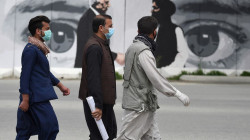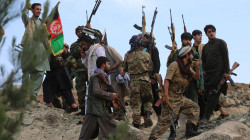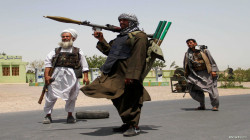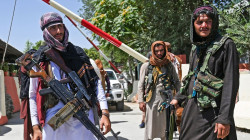Taliban Accused Of Forcibly Evicting Ethnic Uzbeks, Turkmen In Northern Afghanistan
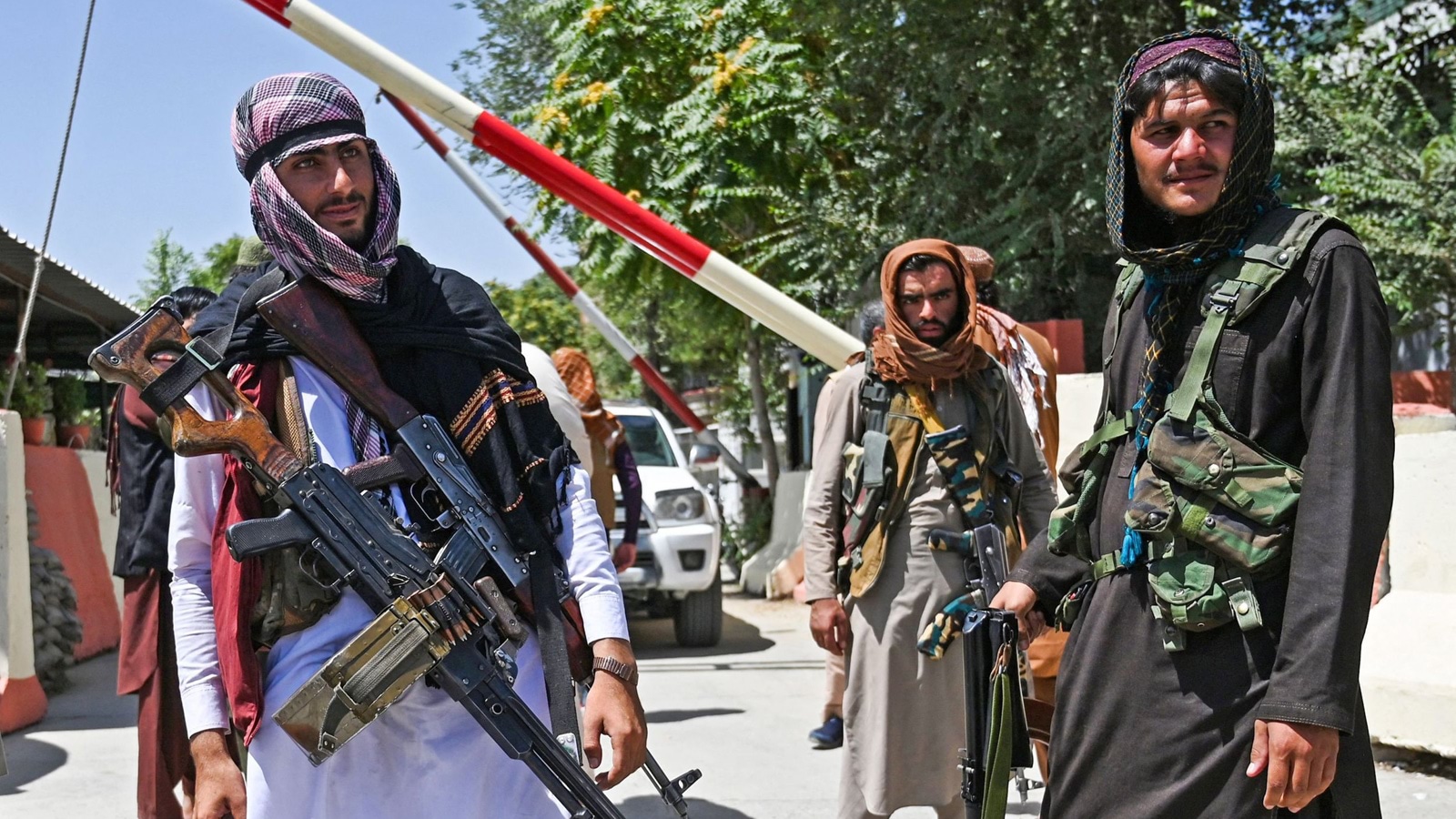
Shafaq News/ Taliban fighters have been accused of forcibly evicting more than 1,000 people in northern Afghanistan, with the evictions targeting members of the ethnic Uzbek and Turkmen communities.
Ethnic Uzbeks and Turkmen allege that Pashtuns seized their homes and land in the northern province of Jowzjan with the help of the Taliban, a predominately Pashtun group.
The evictions came as Taliban fighters have expelled hundreds of Shi’ite Hazara families from their homes and farms in five provinces since the militants seized power in Afghanistan in August.
Rights groups say the Taliban’s forced displacement of residents is an attempt to distribute land to their own supporters and collectively punish communities that backed the former government.
Abdullah says he is among those who have been displaced in Darzab, a remote district in Jowzjan.
He says Taliban fighters accompanied by Pashtun nomads forced more than 1,000 ethnic Uzbeks and Turkmen from their homes and farms in Darzab and Qush Tepa, a neighboring district in Jowzjan, on November 27.
Abdullah, who requested that his real name not be used out of concern for his safety, told RFE/RL’s Radio Azadi that the provincial Taliban authorities had promised to send a delegation to investigate the alleged land seizures. But he said on December 8 that the delegation had yet to arrive.
“This has been our land for hundreds of years,” he says. “We have cultivated it and it belongs to us.”
Faizullah, a resident of Qush Tepa, says Pashtun nomads with the help of the Taliban seized more than 20,000 acres of their land.
“Nobody could resist,” he says. “If we raised our voices, we would be killed.”
Ghulam Sarwar Alizai, a representative for Pashtun nomads in Jowzjan, says land ownership is often unclear because the disputed properties are on government land.
He says the nomads want to return to the pastures that they were prevented from accessing for around two decades.
“Some of our [Uzbek and Turkmen] brothers acknowledge that the land is owned by the government, but they had worked hard to cultivate the barren land,” he told Radio Azadi. “A tribal council comprising five people from each side will be the best setting to find a solution.”
The Taliban did not respond to calls and text messages from RFE/RL seeking comment.
But in comments to the BBC on November 29, Taliban spokesman Bilal Karimi denied any forced displacements had taken place in Jowzjan.
"No such thing has happened and the situation in Qush Tepa is calm,” he said, adding that the authorities were investigating the issue “and would not allow anyone or any group to encroach on anyone's property."
Disputed sample censuses dating back to the 1970s estimate the Pashtun population at just over 40 percent, followed by ethnic Tajiks at less than 30 percent with Hazara and Uzbeks at around 10 percent. Various smaller minorities account for the rest of the population.
Since regaining power, the Taliban has been accused of forcibly evicting thousands of people across the country.
In October, the Taliban forcibly evicted hundreds of Hazara families from southern Helmand Province and the northern province of Balkh.
In late September, some 700 Hazara were forcibly evicted by the Taliban in the central province of Daikundi. The Taliban claimed that they were implementing a Taliban court order that required the land to be returned to what it said were its original owners.
The evictions have not only targeted non-Pashtuns. The Taliban also evicted fellow Pashtuns in the southern province of Kandahar. The evictions targeted those who had served in the former government or its armed forces.
“The Taliban should cease forcible evictions and adjudicate land disputes according to the law and a fair process,” Patricia Gossman, associate Asia director at Human Rights Watch (HRW), told RFE/RL.
Gossman said northern Afghanistan has a long history of collective punishment and forced evictions.
She said that after the U.S.-led invasion in 2001 toppled the Taliban regime from power, the U.S.-backed Northern Alliance “engaged in evictions of local Pashtuns.”
The former Northern Alliance, a coalition of anti-Taliban groups that resisted Taliban rule from 1996 to 2001, consisted mainly of ethnic Tajiks, Uzbeks, and Hazara.
Before the Northern Alliance, the “Taliban did it against other groups,” Gossman adds.
“Efforts after 2001 to reform the land ownership system failed because of the power of strongmen and warlords, including those in the administration and parliament,” she said.
Many of the land disputes in northern Afghanistan are a legacy of the forced and voluntary resettlement of Pashtuns in the region in the 19th century.
Starting from the 1880s, Afghan King Abdur Rahman Khan, a Pashtun from the south, forcibly relocated thousands of people from rival Pashtun communities from eastern Afghanistan to the north, where there was only a tiny Pashtun population. The Pashtun settlers were often given free land and received tax exemptions. In the 20th century, Pashtuns also voluntarily settled in northern Afghanistan.
“Both the forced and voluntary migrants were allocated land by the central government, a development that fostered tensions with communities that consequently lost access to farmland and pastures,” said a HRW report released in 2002.
In the 19th and early 20th centuries, refugees from Central Asia also arrived in northern Afghanistan. Many of them fled Tsarist Russia’s invasion of Central Asia and the emergence of the Soviet Union.
